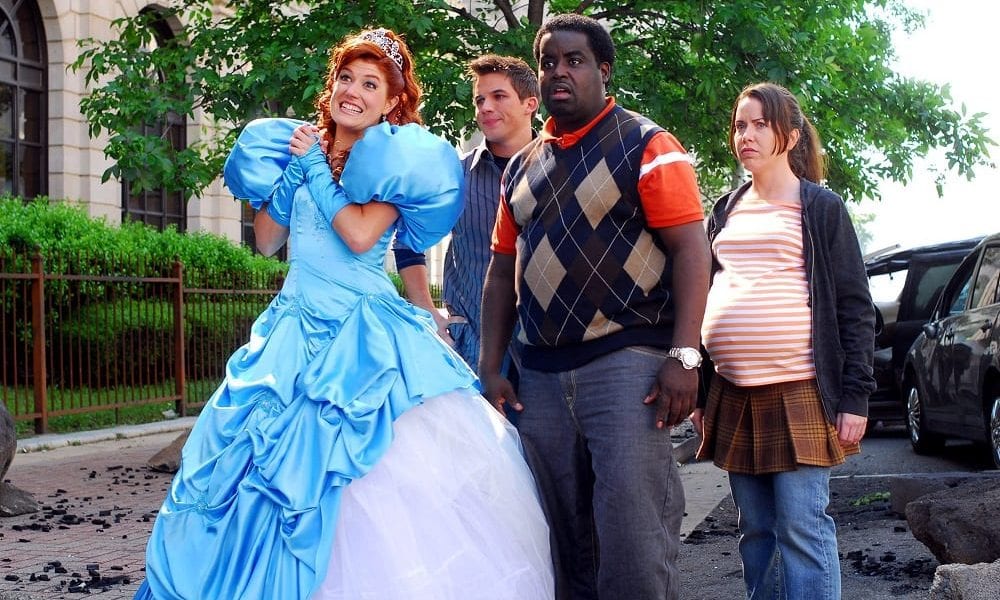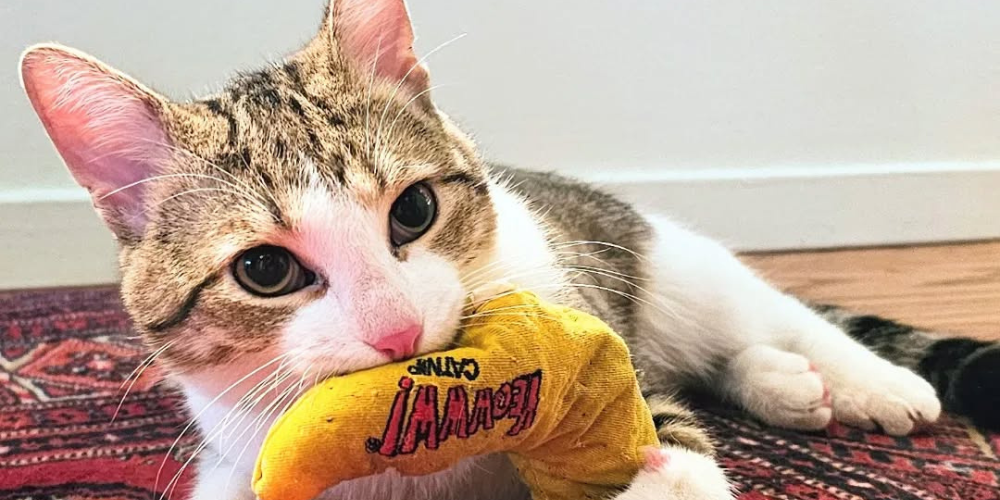Earlier this year, power couple Beyonce and Jay-Z challenged their fans to join them in becoming vegan, even saying that it is of global importance. Plant-based diet champions are also encouraging the public to not eat meat, citing tons of supposed benefits. Because of the growing number of people switching their lifestyles, there is no doubt that the trend is booming more than ever.
However, not all people are convinced of the practice, while others are afraid of a drastic change. But for some, the reason can be as simple as they’re unwilling to or couldn’t give up meat.
Reasons to Give Up Meat
Vegans have been laying out studies after studies detailing the benefits of eating plant-based food in order to urge people to switch to the other side. The number of those convinced is sharply soaring – a comparemarket.com survey saw 3.5 million Brits who admit they are vegan.
The increase, according to University of Oxford’s Environmental Sustainability Knowledge Transfer Network former director Carolyn Roberts, maybe due to the change of attitude toward environmental issues.
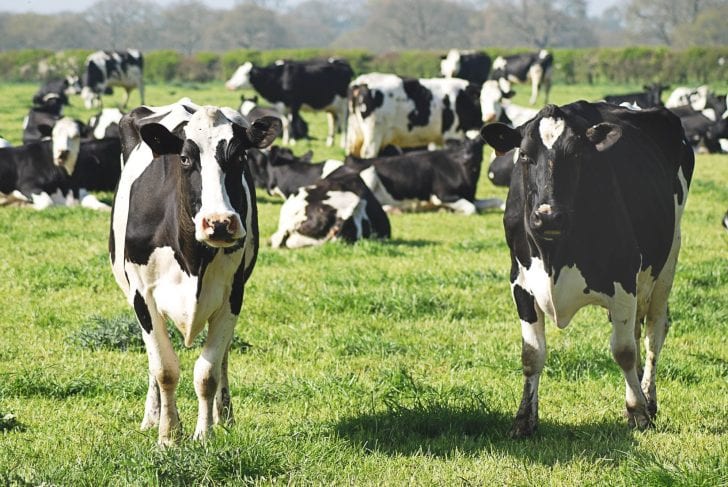
Unsplashed | Cattle-raising contributes to greenhouse gas emissions
The United Nations’ Food and Agriculture Organization revealed in a 2006 report that cattle-raising contributes more greenhouse gas emissions than cars. It makes up for 37 percent of methane induced by humans and accounts for 64 percent of ammonia. According to a study, we need to consume 90 percent less pork and 75 percent less beef all over the world just to keep the global temperature less than 2 degrees Celsius within the century. Don’t forget about the harm it does to the animals.
The Rise of Fake Meat
While the aforementioned facts are not enough to convince people to change their eating habits, the food industry came up with fake meats, which impressively taste like the real thing. You are forgiven if you think that meat substitutes were only made a couple of years ago, but according to Chinese food expert Fuchsia Dunlop, it originated in China. In fact, it deeply roots in the colorful and history-rich culinary culture of the Asian country.
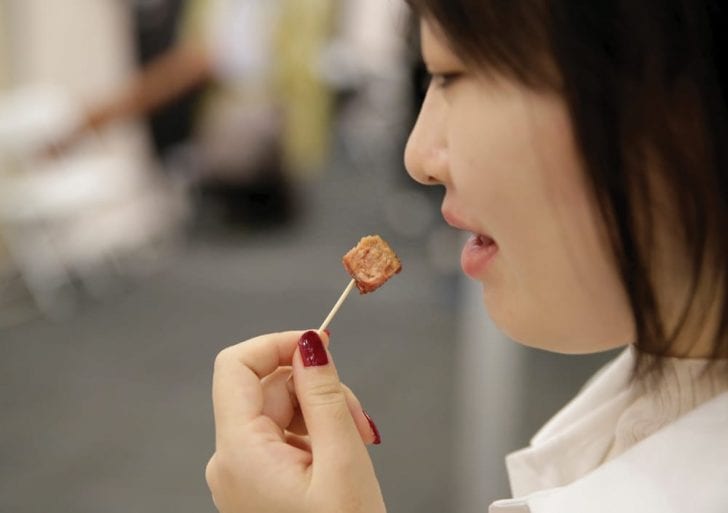
Alberta Farmer Express | Far from most people thought, fake meat actually started in China
The author of “Land of Fish and Rice: Recipes from the Culinary Heart of China” explained that there were meat imitations in China as early as the Medieval age, which was most evident in banquets. An example of this was during the Tang dynasty when imitation pork and mutton dishes were served at a banquet hosted by an official.
What Makes Fake Meat Taste Like the Real Deal?
Fake meat manufacturers have a competition that’s pretty hard to beat, the real thing. That’s why they must make it a point that their products copy real meat exactly, especially the taste. How do they do this? Impossible Foods, famous for their Impossible Burger that has gotten rave reviews for tasting nothing like vegetables, credits heme, a result of a bioengineering process and is a molecule that gives the patty the “slightly metallic bloody flavor,” chief science officer David Lipman explained.
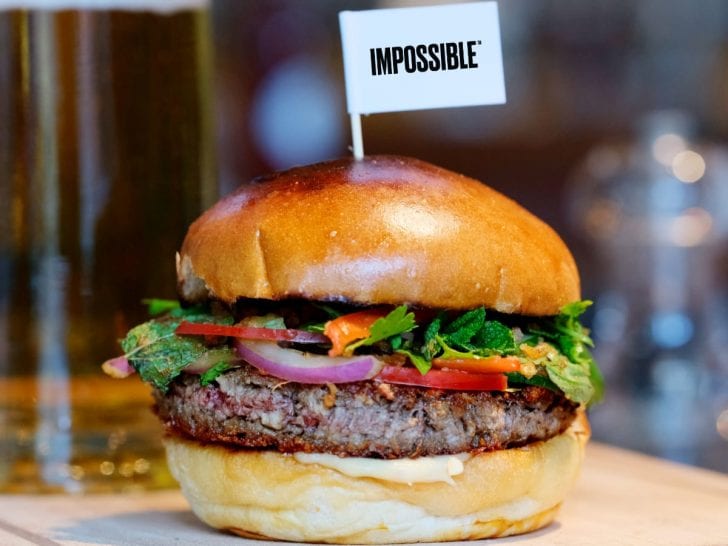
DC Velocity | The Impossible Burger tastes like meat because of heme
It’s not only the taste that companies are eyeing as the edge over real meat, but even the price point is a favorable factor to attract customers. Impossible Foods’ goal is to compete with the price tag of Safeway’s 80/20 hamburger so that consumers’ decision-making may depend on their money.

